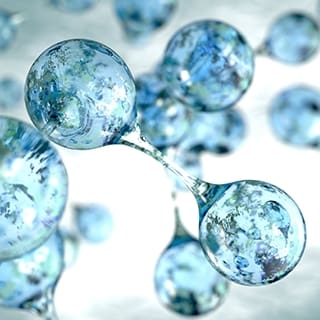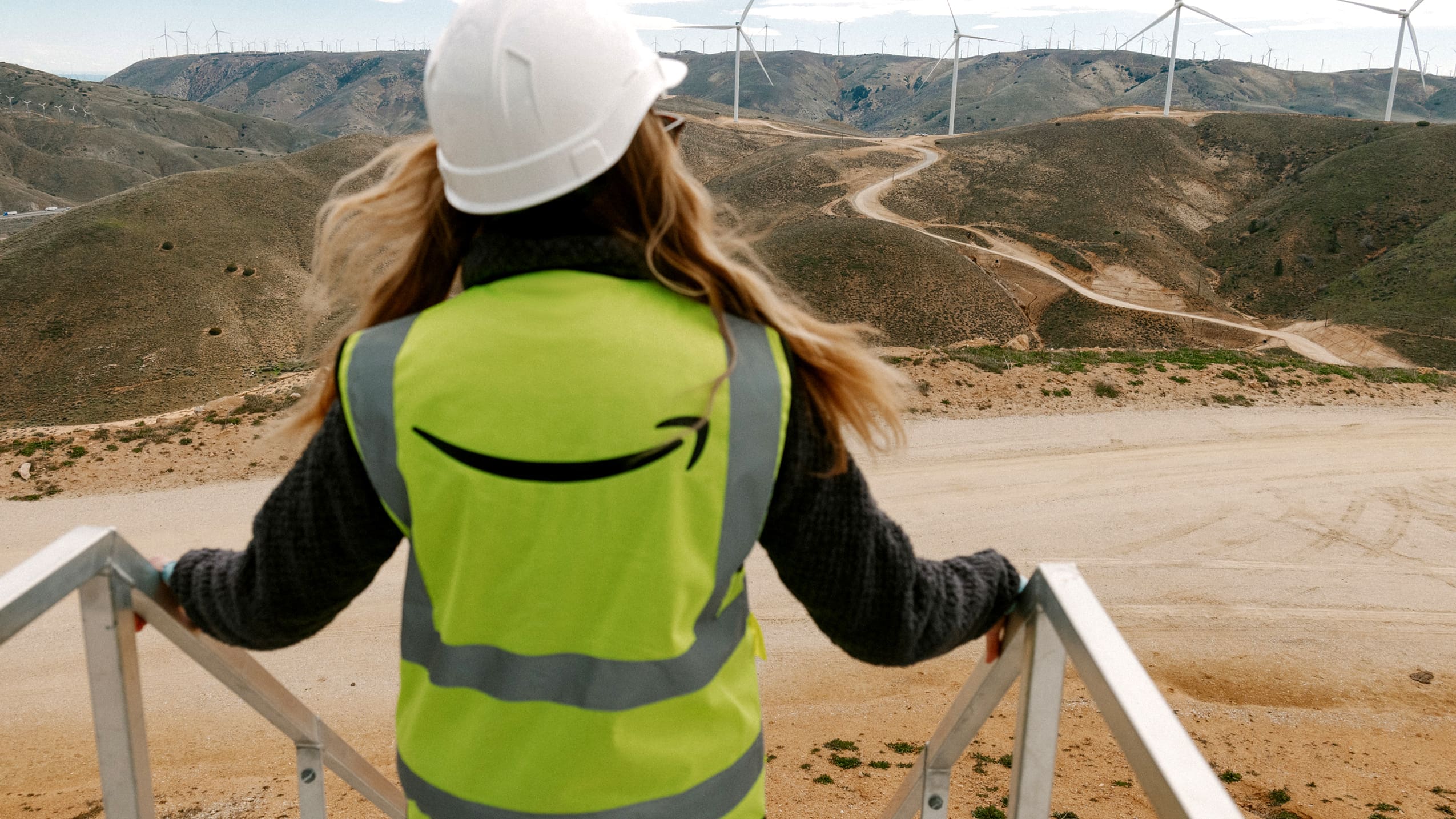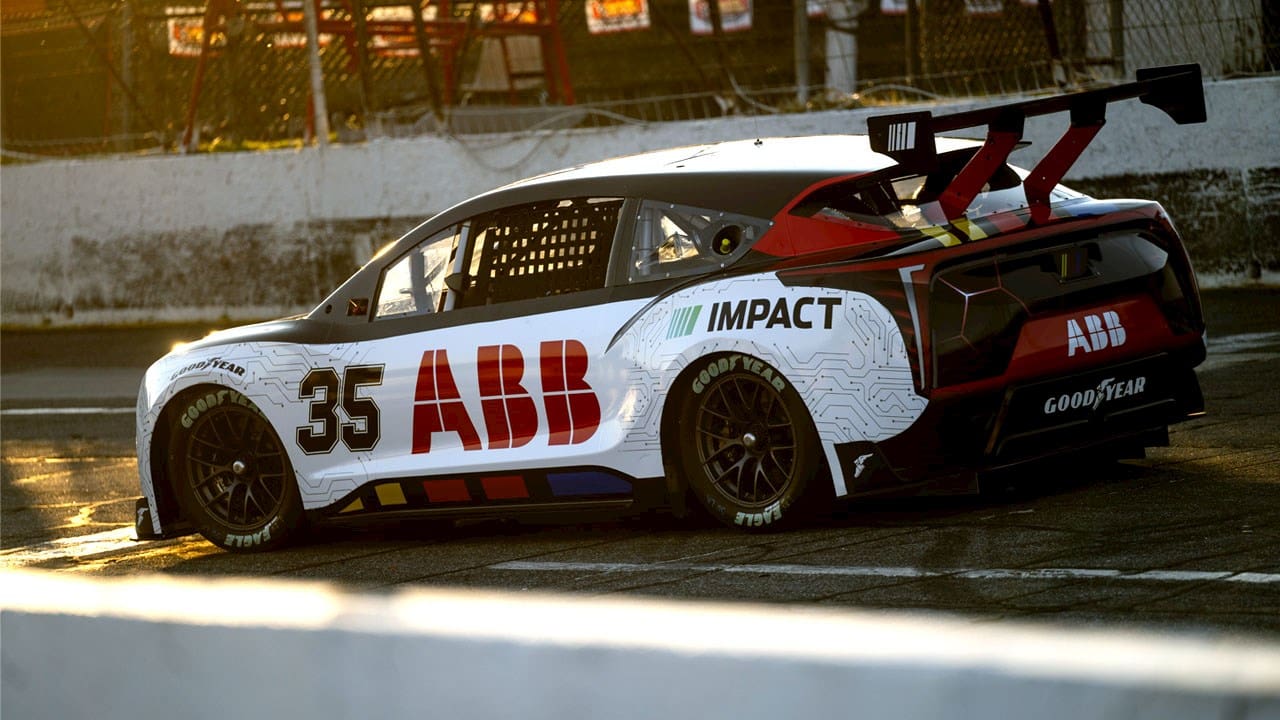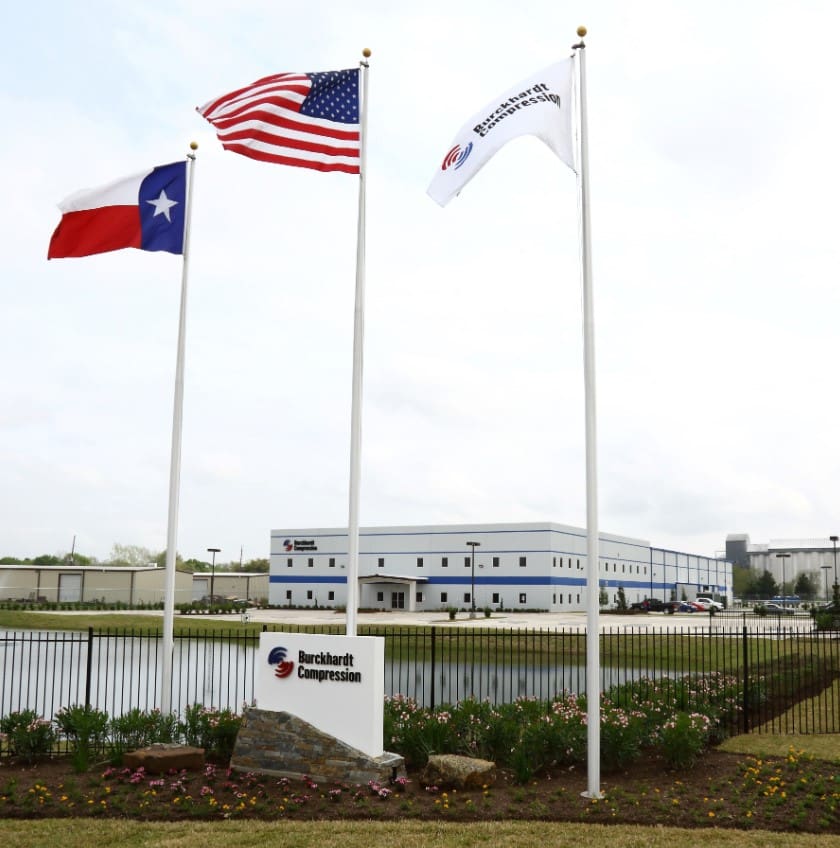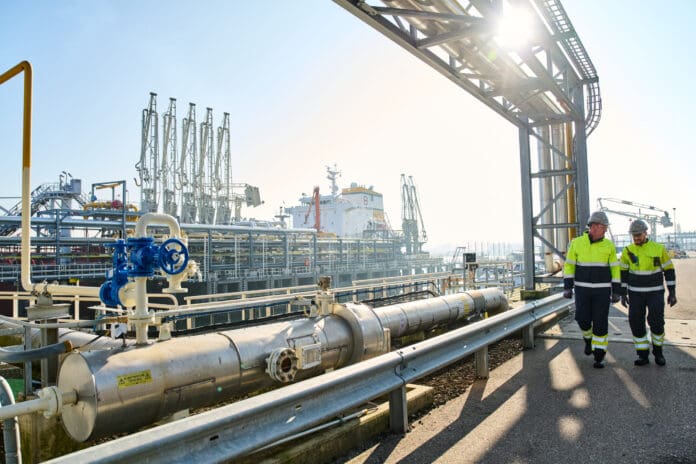
OCI Global (OCI), the world’s third-largest nitrogen fertilizer and ammonia producer, is supplying Röhm, a manufacturer of methacrylates, with bio-ammonia for the production of methyl methacrylate (MMA), an important precursor for PLEXIGLAS – the world’s most popular brand of acrylic glass.
In mid-November, OCI delivered a shipment of bio-ammonia to Röhm in a step to help reduce the carbon footprint of essential and everyday products that rely on MMA, including compounds for cars, airplane windows, building, glazing, and dental products. The partnership demonstrates the viability of lower-carbon ammonia in industrial processes, supporting downstream decarbonization to other industries and ultimately end consumers.
The delivery of OCI Global’s bio-ammonia to Röhm was witnessed by His Majesty King Willem-Alexander of the Netherlands as part his tour of hydrogen projects in the region, demonstrating the hydrogen corridor connecting Port of Rotterdam to other regions and inland ports, such as duisport, to supply hydrogen products into Europe.
OCI is the only producer of ISCC PLUS certified bio-ammonia in Europe and the United States today. OCI’s bio-ammonia uses biomethane from waste and residues of biological origin as well as biodegradable fraction of industrial and municipal waste as feedstock. The result is a greenhouse gas (GHG) reduction of more than 70% compared to conventional grey ammonia production, which uses a fossil-based feedstock. According to OCI, the benchmark considers an ammonia carbon footprint of 2.66 kgCO2e/kg.
“OCI is scaling up the supply of renewable and lower-carbon ammonia and methanol at our nine facilities globally, in the United States and Europe and, through Fertiglobe, ADNOC, and the MENA region,” said Ahmed El-Hoshy, CEO of OCI. “This delivery of our bio-ammonia shows our role in developing the hydrogen corridor to enable the supply of lower-carbon ammonia across Europe, from the Port of Rotterdam. We are proving the case for lower-carbon products in existing value chains. The industrial sector represents around 20% of the global ammonia market today. By converting this sector to lower-carbon ammonia, we can help to create a future that allows for the continued production of essential downstream products in a sustainable way.”
“Röhm as a global manufacturer of methylmethacrylate products such as PLEXIGLAS is committed to its ambitious climate agenda and targets to achieve a GHG reduction of 30% by 2030,” said Hans-Peter Hauck, COO at Röhm. “Ammonia is a central feedstock for the manufacture of these methacrylic products such as Plexiglas, Degalan, and Degaroute roadmarkings. A low-carbon alternative of ammonia made from biogas allows us to manufacture in our ISCC PLUS certified plants Methacrylate-based monomers, molding compounds, and resins in order to deliver sustainable products and solutions for our customers in the industries we serve. We are committed to driving the sustainable transformation forward and are convinced that this change can only be successfully accomplished by partnerships and close cooperation along the value chain.”
Earlier this year, OCI announced it had begun supplying bio-ammonia in the food and drinks sector, supporting the production of lower-carbon wheat and barley malt. OCI is also tripling capacity at its ammonia import terminal in Rotterdam in readiness for increased demand for lower-carbon ammonia to support new markets, such as use as a shipping fuel and in the power sector.
Röhm produces MMA at its European sites in Worms and Wesseling as well as in the United States and China. At its Bay City site in Texas, the company is currently building an MMA plant, where it will introduce its new production technology LiMA that will enable the manufacture of methacrylate monomers with a significantly lower product carbon footprint and improved environmental impact. In addition to new production technologies, Röhm also introduced an environmentally friendly product range “pro Terra” that is based on recycled high-performance materials with a reduced carbon footprint.



